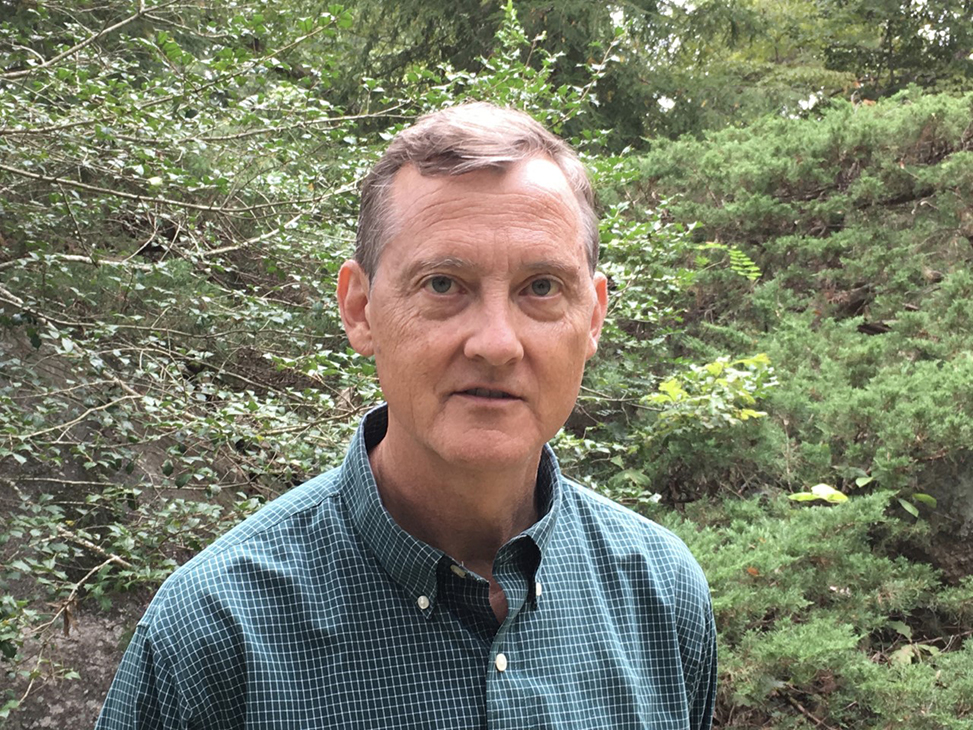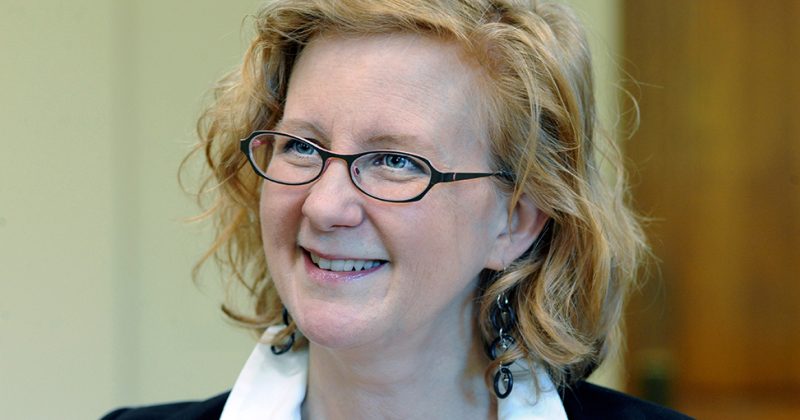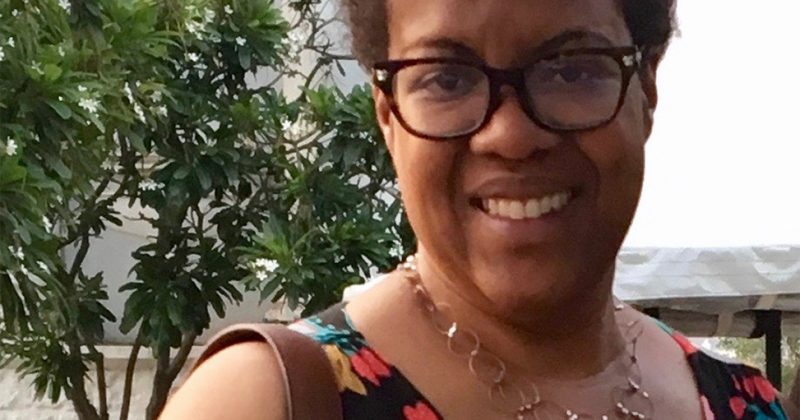
Tar Heel Caleb King brings experience at the intersection of science and entrepreneurship to his new role. (photo by Louise Rambo King)
Caleb Kimball King (B.A. chemistry ’82), a physician and global entrepreneur, has been named executive director of convergent science.
King, a Morehead Scholar and a Rhodes Scholar, has deep Carolina connections. He grew up in Chapel Hill as one of the children of long-time English professor Kimball King and served as adjunct faculty at the UNC School of Medicine from 2001 to 2002. He has an M.D. from Harvard Medical School and a Ph.D. in civil and environmental engineering from the Massachusetts Institute of Technology.
King spent 16 years with his family in Rwanda, serving with his wife, Louise Rambo King, also a UNC alumna (B.A. history ’88) and graduate of Harvard Medical School. When they arrived in 2003, they were the only doctors at a hospital serving over 300,000 people and that had been abandoned following the 1994 Rwandan genocide. After restoring the hospital and its affiliated health centers to a staff of over 500, King founded Amahoro Energy to provide renewable electricity to the growing Rwandan economy. He has been supported by the U.S. government’s Power Africa program and, more recently, founded Great Lakes Pipes, which uses U.S. technology to manufacture large diameter fiberglass pipes for East Africa. He has received millions of dollars in global grants to support his work.
King will help develop the new Institute for Convergent Science, which will be a partnership of the College of Arts & Sciences, the Office of the Vice Chancellor for Research and Innovate Carolina. The Institute will enable Carolina’s brightest minds to tackle the world’s most complex problems across disciplines, speeding the application of new discoveries and the commercialization of technological breakthroughs.
“So many of my life’s experiences have prepared me for this service to Carolina,” King said. “I’m looking forward to connecting with those at the forefront of their fields and being part of the work to keep building up the University and the state.”
Published in the Fall 2019 issue | The Scoop
Read More

Mellon funding supports environmental humanities
The Andrew W. Mellon Foundation has awarded a $150,000 two-year…



